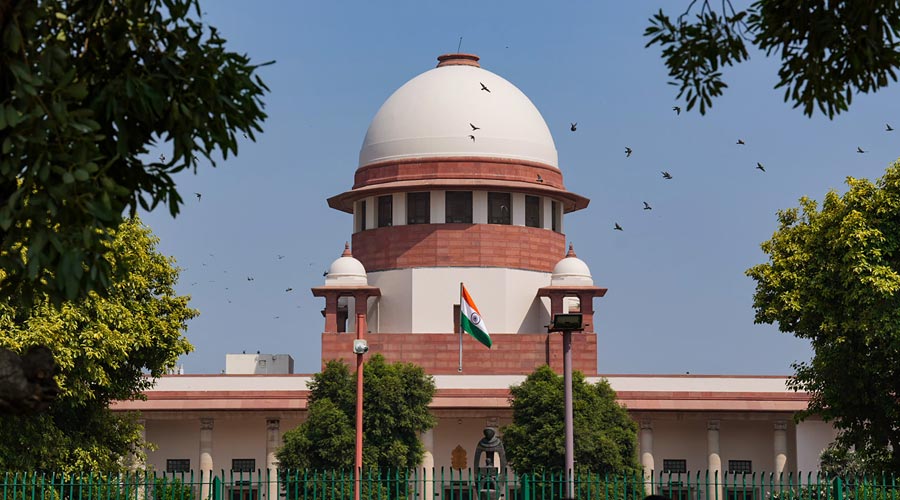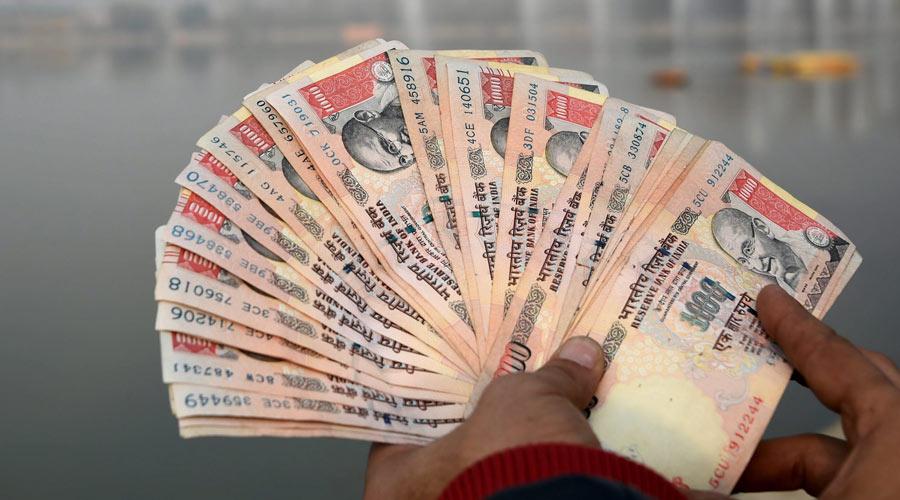The SupremeCourt on Wednesday directedthe Centre and the ReserveBank to place before it all “relevant documents” pertaining to the demonetisation of 2016.
A five-judge constitution bench headed by Justice Abdul Nazeer reserved its verdict after hearing extensive arguments over the past two months.
“Heard Mr R. Venkataramani, learned attorney-general, learned senior counsel/learned counsel for the parties and petitioners in-person. Hearing concluded. Judgment reserved.
“Learned counsel for the respective parties are at liberty to file written submissions, if any, on or before 10th December, 2022. Learned counsel representing the Union of India and the Reserve Bank of India are directed to produce relevant records,” the bench, which also had JusticesB.R. Gavai, A.S. Bopanna, V.Ramasubramanian and B.V. Nagarathna, said.
The top court had earlier directed the Centre and the RBI to file comprehensive affidavits to justify the decision to demonetise Rs 500 and Rs 1,000currency notes as it rejected the government’s argument that the move could evoke only academic interest and hearing it was a “waste of the court’s time”.
It had also asked the Centre to place before it the communication issued by the government on November 7, 2016, to the RBI recommending the demonetisation, on the basis of which the apex bank had undertaken the exercise.
“In order to answer the issues, we will hear and give ananswer whether it is academicor beyond the scope of judicial review. The point in the casethat we need to examine is the government policy and its wisdom, which is one aspect of the matter. We also know where the Lakshman rekha is, but the manner over which it (demonetisation) was done has to be examined,” Justice Nazeer had observed.
Subsequently, the Centre had filed an affidavit defending the demonetisation decision, saying "the withdrawal of legal tender character of a significant portion of total currency value was a well-considered decision” taken after extensive consultations but kept a closely guarded secret to root out the menace of black money, money laundering, tax evasion and other illegal activities.
In its affidavit, the Union finance ministry had pleaded that the five-judge constitution bench desist from judicially scrutinising a purely“economic policy”, and cited the apex court’s earlier decision that courts should not interfere with the fiscal policies of the government.
More than 50 petitions had been filed in the Supreme Court by various organisations and individuals assailing the government’s demonetisation decision.












